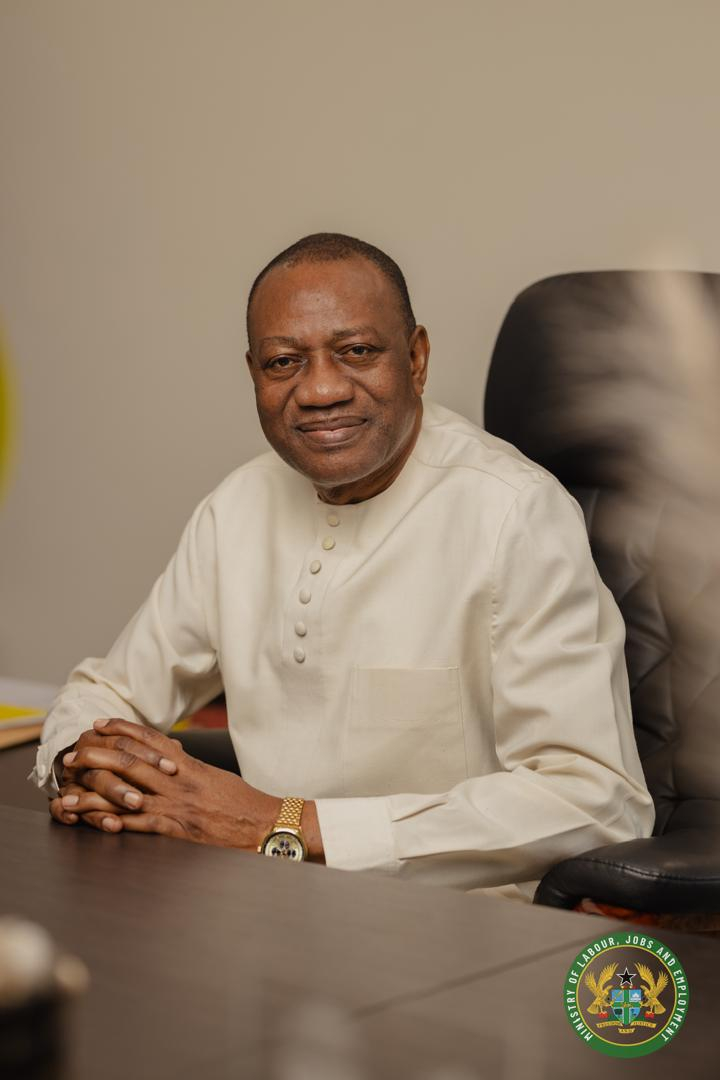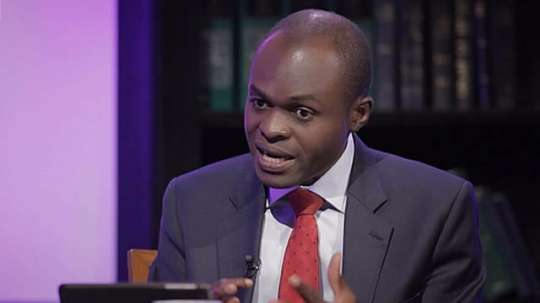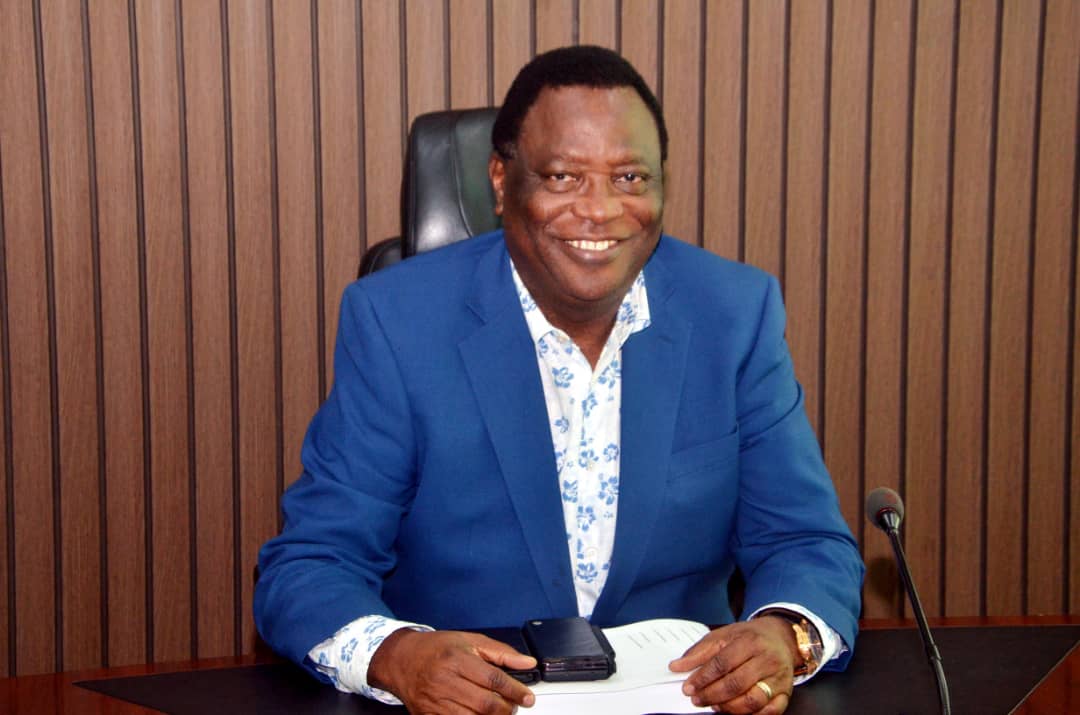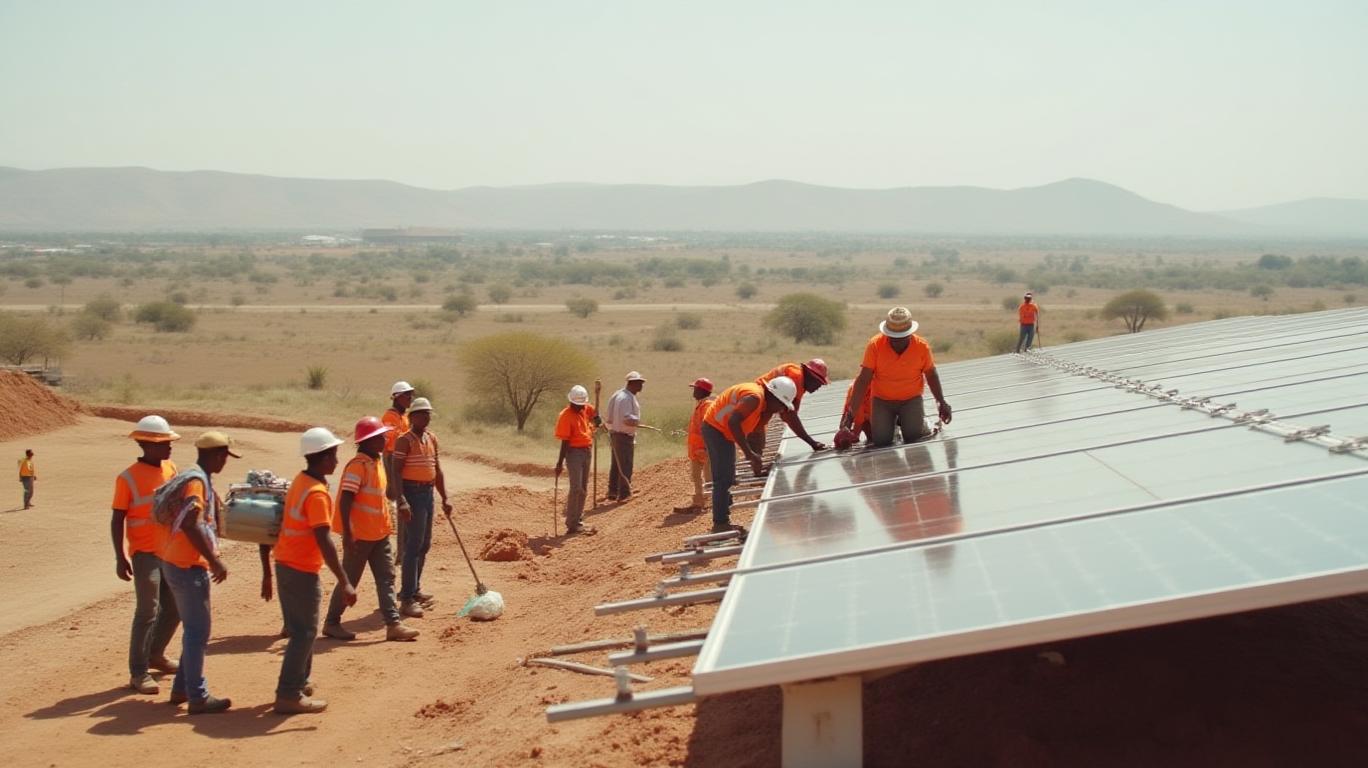Kenya, Tanzania, East Africa Miss Out on Chance to Get Next Africa Bank President
Elijah Ntongai, a journalist at TUKO.co.ke, has over four years of financial, business, and technology research and reporting experience, providing insights into Kenyan and global trends.
As the African Development Bank (AfDB) prepares to elect its next president this week, East Africa finds itself watching from the sidelines.

Source: Twitter
Not a single candidate from Kenya, Tanzania, Uganda, or any East African nation made it onto the final shortlist of five contenders vying to lead the continent’s top development lender.
Instead, the race for the AfDB presidency is dominated by West and Southern African heavyweights, highlighting a stark regional imbalance in high-level representation at the $318 billion institution.
The five contenders include former AfDB Senior Vice President and South African banker Swazi Tshabalala; Senegal’s Amadou Hott; Zambia’s Samuel Munzele Maimbo; Mauritania’s Sidi Ould Tah; and Abbas Mahamat Tolli of Chad.
Each brings decades of experience in finance, development, or multilateral institutions, credentials that underline the fierce competition, but also cast a shadow on East Africa’s absence.
The AfDB, the parent organisation of the African Development Bank Group, was established through an agreement adopted at a conference in Khartoum, Sudan, on August 4, 1963, which came into force on September 10, 1964, and operations commenced on July 1, 1966.
Since its inception, the African Development Bank has been led by a series of distinguished presidents from across the continent. The first president was Mamoun Beheiry of Sudan, who served from November 1967 to August 1970, followed by Abdelwahad Labidi of Tunisia (August 1970 to May 1976), and Kwame Donkor Fordwor of Ghana (May 1976 to July 1979).
Goodall Gondwe of Malawi briefly held the role in an interim capacity from 1979 to 1980, after which Wila D. Mungomba of Zambia took over from June 1980 to May 1985.
Babacar Ndiaye of Senegal then served a decade-long term from May 1985 to August 1995, succeeded by Omar Kabbaj of Morocco from August 1995 to August 2005. Donald Kaberuka of Rwanda led the Bank from September 2005 to August 2015, guiding it through significant reforms and expansion.
Speaking on Monday at a breakfast meeting with journalists, Akinwumi Adesina, the outgoing AfDB president, described his ten-year presidency since 2015 as a consuming yet profoundly fulfilling mission.
“This is not a job. If anyone is looking for a job, please don't take it. This is not a job. This is a mission,” he said. “As my wife Grace and staff would tell you, for ten years I have had no life. Completely zero. I worked every single day. Every single step.”
The AfDB presidency is arguably one of the most influential positions on the continent. As concessional financing shrinks and donor funding becomes less predictable, the bank’s ability to mobilise capital and structure development projects has become central to Africa’s growth agenda.
As the vote looms during the AfDB’s annual meeting in Abidjan, East Africa will be reduced to lobbying and coalition-building behind closed doors, but from the gallery, not the podium.
The election result, expected later this week, will confirm who takes over from outgoing AfDB President Akinwumi Adesina.
In other news, the Trump administration has proposed a $555 million cut in U.S. contributions to the AfDB's concessional arm, the African Development Fund (ADF), as part of a broader foreign aid rollback, citing misalignment with U.S. priorities.
This move threatens to disrupt critical development financing for 40 of Africa’s poorest countries, including Kenya, which relies on ADF funds for key infrastructure projects like the Last Mile Connectivity Project.
Experts warn the cuts could significantly hinder AfDB's ability to support health, agriculture, and climate resilience initiatives, especially in low-income nations.
Source: TUKO.co.ke










